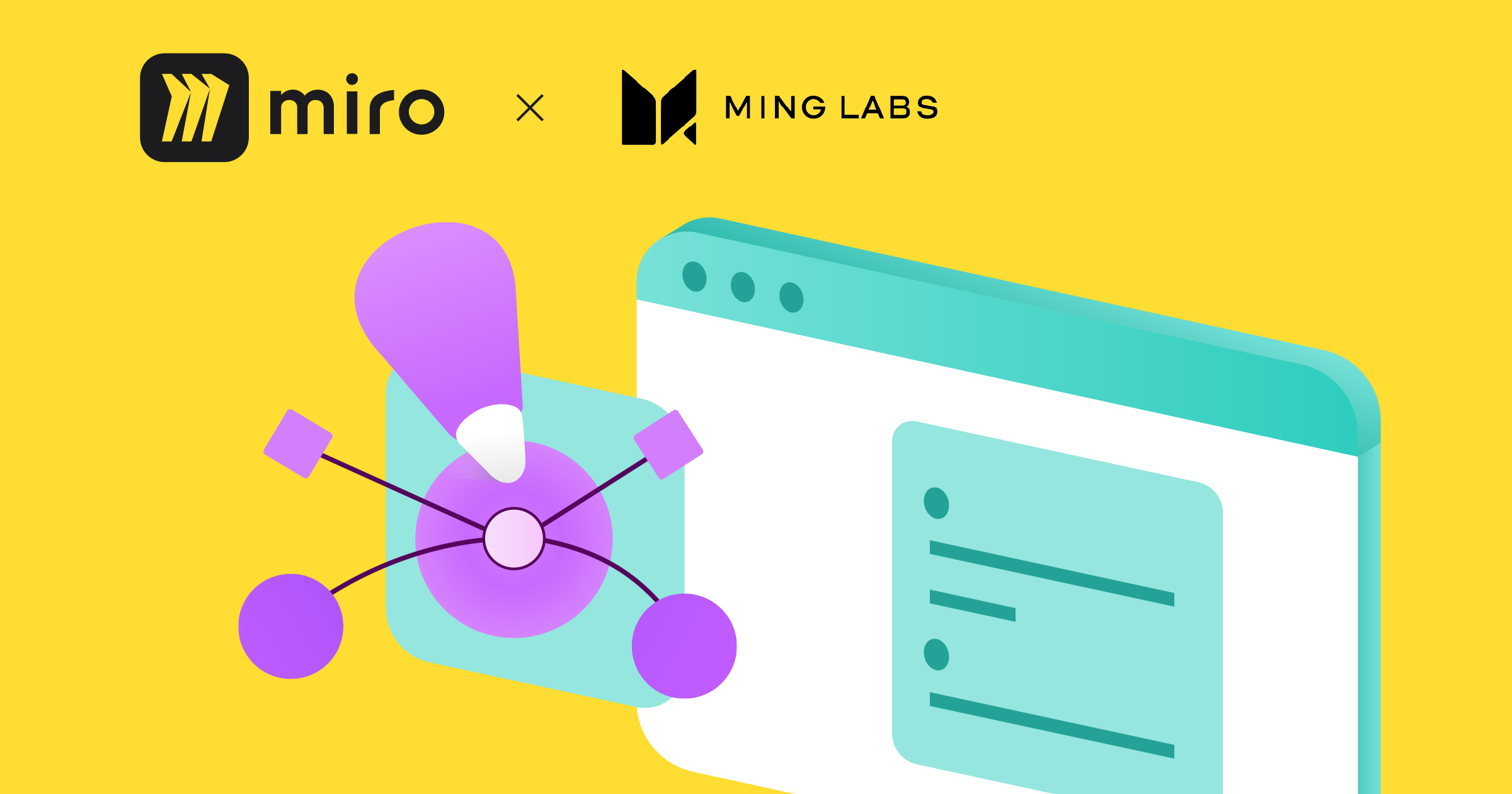When most people think of startup incubators, they probably imagine famous hubs for startups like Silicon Valley, Seattle, and Austin. The small team at INVANTI is trying to change that paradigm and cultivate entrepreneurs from their startup studio in South Bend, Indiana. At INVANTI, cofounders Dustin Mix and Maria Gibbs walk first-time entrepreneurs—from 17 different states—through a program that finds unconventional founders with hopes of solving what they call “kitchen table problems” in America’s heartland.
“The kind of people we’re looking for don’t necessarily self-identify as entrepreneurs,” explains Maria. “We’re looking for people who have a track record of starting things and who are the kind of people who see a problem, and they just can’t help themselves but do something about it.”
Brad is a writer with a passion for helping teams communicate with clarity, fun, and humor. He brings his past experience as a teacher, video producer, and sales professional to Miro to help teams collaborate across functions. He lives in Boulder Creek, CA with his wife and pets.
Maria and Dustin themselves have unconventional backgrounds for launching a startup studio. Maria has a Ph.D. in Wind Engineering, and Dustin is a structural engineer who spent two years in Haiti following the 2010 earthquake building affordable housing.
After completing graduate degrees at the University of Notre Dame, they chose to stay in South Bend to impact the community by helping to foster entrepreneurship in an effort to solve problems affecting small towns and cities. Maria says that for her, the work is personal. “I’ve always been sad to see when people aren’t able to achieve their potential for reasons beyond their control,” she says. “At INVANTI, we want to give people the support they need to pursue their dreams and make an impact while doing it.”
Learn about Miro for startups
What makes INVANTI’s program unique is its founder-first approach to building a company. Most startup workshops accept early-stage companies and help them refine their business models and overcome the hurdles of entrepreneurship. INVANTI starts a step before that by searching for people with entrepreneurial traits in the community and helping those individuals identify their strengths and passions, then get started in the founding process.
“We start at the earliest stage you can,” explains Dustin. “We want to build companies around a founder as opposed to trying to get a founder to start something that they might not be well-positioned to start in the first place.”
“We start with a person’s skills and experiences,” Maria says. “Then we try to point them in the right direction so they’re excited to get started.”
Finding a founder’s strengths
When a new founder joins the INVANTI program, the first step in their journey is to complete the founder board in Miro. The founder board helps them identify the tasks they enjoy, the tasks they don’t enjoy, and areas where their experiences align with their goals.
They also begin to define the kinds of values they would like to be foundational to a company they might create. Maria says that working in Miro helps make the self-reflection process more manageable and less intimidating for their founders.
“It’s more natural in Miro,” she says. “They’re not writing a paragraph about the problems that motivate them; they’re jotting down notes on stickies and easily moving them and organizing them.”

Building a business around the founder
Once a founder has examined their background and discovered what motivates them, they begin a research process that will ultimately result in the seed of a business. This process is also done in Miro.
“Founders conduct research and compile their findings into Miro,” Maria says. “They gather facts and combine them with their experience in the community and start to form a hunch around what their business will be.”

Helping founders achieve their potential
In line with their mission of fostering entrepreneurship from unconventional talent, Miro has helped INVANTI bring clarity to their founders so they don’t get discouraged by the complexity of founding startups.
“What I think is the most powerful part about Miro,” says Dustin, “Is how it gives transparency to the founders about what it looks like to go through the steps of starting a company.”
Maria says Miro ultimately becomes a source of truth for those who get stuck. “They know their next step is right there in Miro.”
Running a workshop with connected tools
The team at INVANTI doesn’t just use Miro with their founders. They also use it to collaborate amongst themselves to keep the studio running. They integrate Miro with other systems they use to save time through automation and reduce the need for duplicate work.
INVANTI integrates Miro with the following tools:
- AirTable: the INVANTI team uses AirTable as a research library. By embedding AirTables directly into Miro, they can log entries into AirTable quickly without opening a new tab.
- Google Docs: They have numerous, detailed process guides that exist as Google Docs. They embed these into their boards so founders can find them quickly and at the correct step in their founder journey.
- YouTube: INVANTI has recorded instructional videos for each portion of the board to help founders work independently. By embedding these videos into the board, they create a media-rich instruction manual for founders.
- Slack: they use Slack to get notifications when someone modifies or leaves a comment on a board, so they don’t miss questions from their members.
Miro is passionate about helping programs like INVANTI support entrepreneurs. All startups and startup workshops, incubators, and accelerators are invited to apply to Miro’s startup program for a $1,000 credit towards a Miro team plan. Apply here: https://miro.com/startups/




